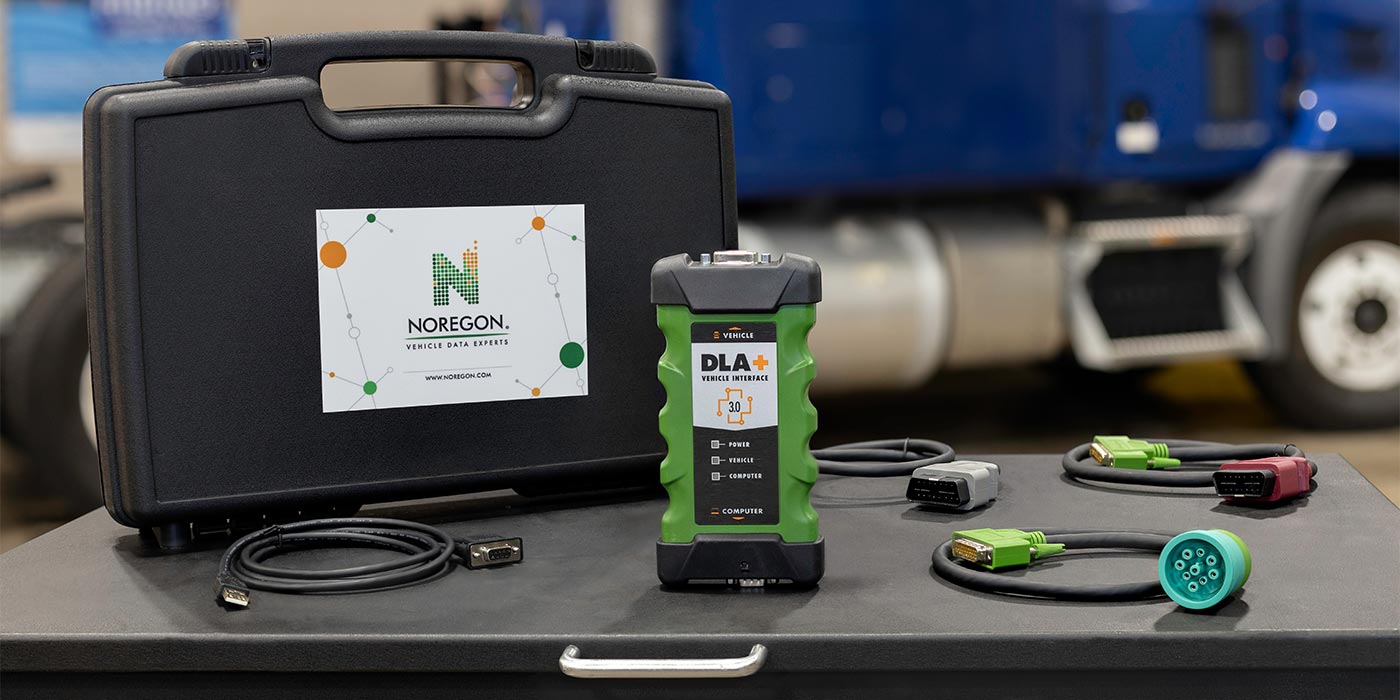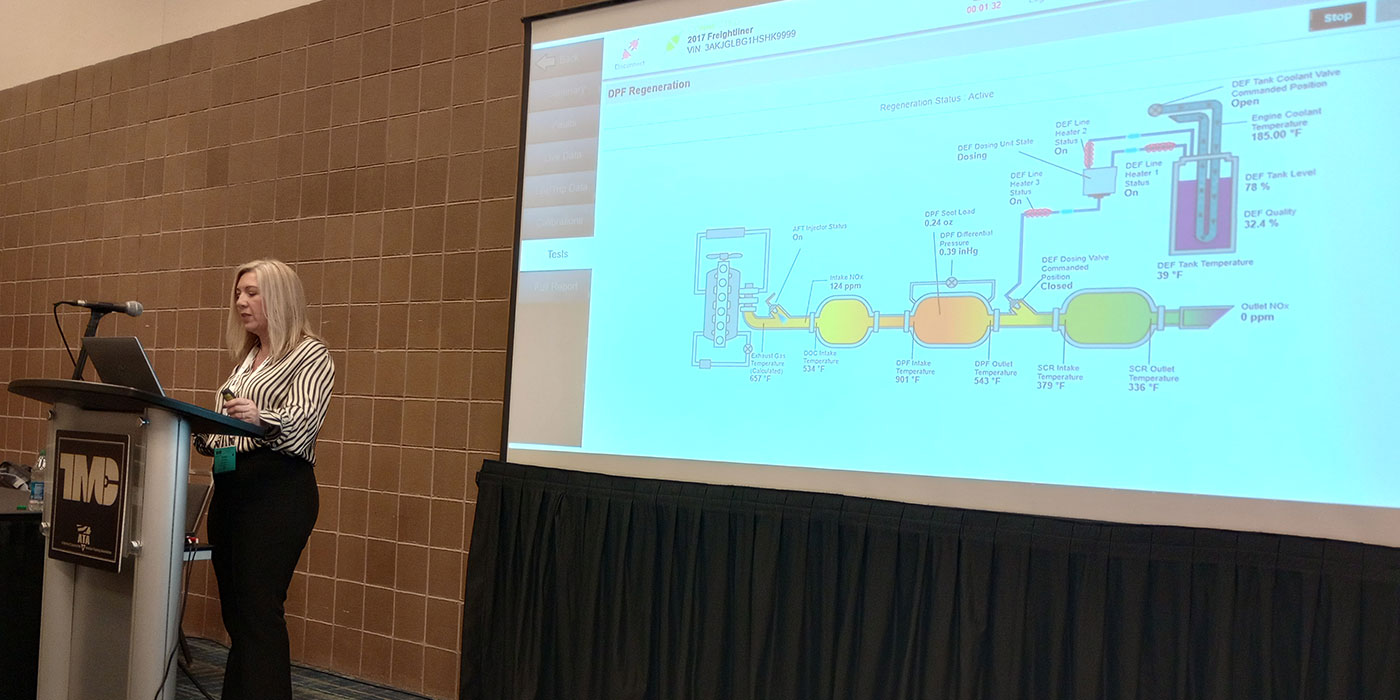With the end of the current pandemic nowhere in sight and its impact on the availability of repair service providers, now more than ever it is of the utmost importance to keep the fleets of first responder vehicles serviced and on the road at all times. As light-duty diesels are the choice vehicles for first responders and essential workers due to their power, fuel efficiency and long life, diesel fuel injectors play a vital role in providing these performance characteristics.
You will frequently find Ford Power Stroke, Ram Cummins and GM Duramax engines powering ambulances, food service delivery trucks and a number of other mission critical vehicles 24/7. These occupations have one thing in common: they are very tough on their vehicles. They may frequently run the engine very hard or they may leave the vehicle idling for an extended period, adding hours on the engine. Consequently, it is imperative that you have a proper maintenance program to maximize uptime and mitigate repairs.
Here are some suggested tips to help you maximize uptime while reducing maintenance costs:
- Invest in the right diagnostic equipment for the engines in your fleet. The diagnostic tools will help pinpoint the right components that need repair. For example, an injector with high leakage can affect the pressure supplied to other cylinders. Troubleshooting this blind will lead to unnecessary parts and labor costs.
- Keep up to date on modern engine technologies. Modern engines are adding to the complexity and the number of injectors returned for reman due to DEF contamination is significant. DEF, as a water-based fluid, can cause major damage to a fuel system if it is accidentally added. It crystallizes and rusts inside the pumps and injectors. Partial replacement of the fuel systems leaves DEF in the system that can then cause component failures in the future. A full replacement of the entire fuel system from tank to injector is the only way to be sure that it is removed.
- Be strategic about your time and repairs. While you have the engine dismantled, think about what else can be replaced now to prevent further downtime later. Consider replacing a bank of injectors at one time to spread the labor costs of the job across other repairs.
- Keep track of your core returns and make sure they are returned within their eligibility. Core returns keep the remanufacturing process going and helps reduce your costs on replacement components. The pile of parts in the corner of the workshop can be a goldmine for you. Build a relationship with a core broker, they can help identify those parts that have value.
- Tell vehicle users that after running a diesel hard to always idle the vehicle for several minutes before cutting power. While running a vehicle hard during mission-critical times, such as an ambulance transporting a patient to the hospital, the vehicle when stopped, should have adequate time to cool down. Shutting down the engine immediately may lead to damage to the injectors which can suffer from ‘heat soak’ where unburned fuel or lubricating oil or can form carbon deposits over time.
- Lastly, excessive idling can lead to deceptively dirty oil. Long idle times may not be reflected in the oil change maintenance interval mileage. Dirty oil may also affect certain injectors efficiency, such as the 6.0L Power Stroke, causing loss of power or an increase in fuel consumption. Preventative maintenance is the best maintenance to enhance fleet uptime and avoid costly repairs.
This article was contributed by Phil Vince, manufacturing engineering lead, PurePower Technologies.














